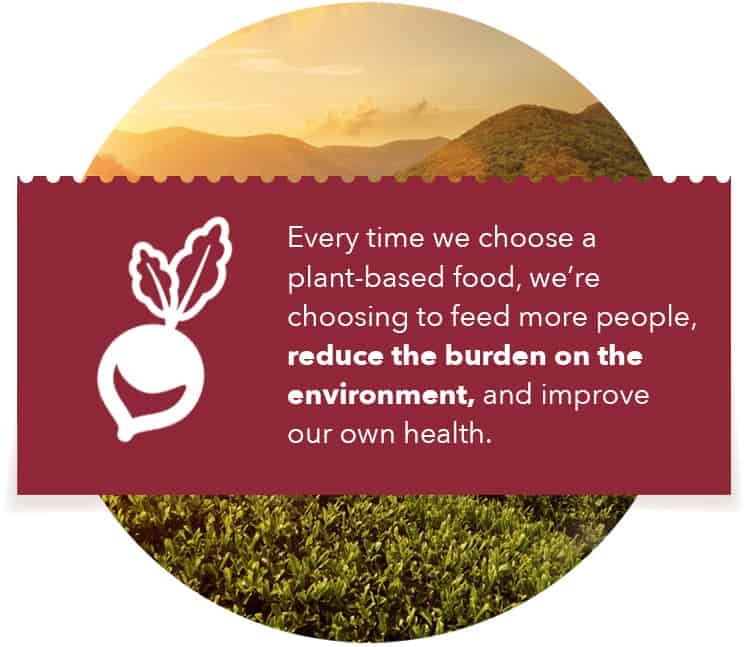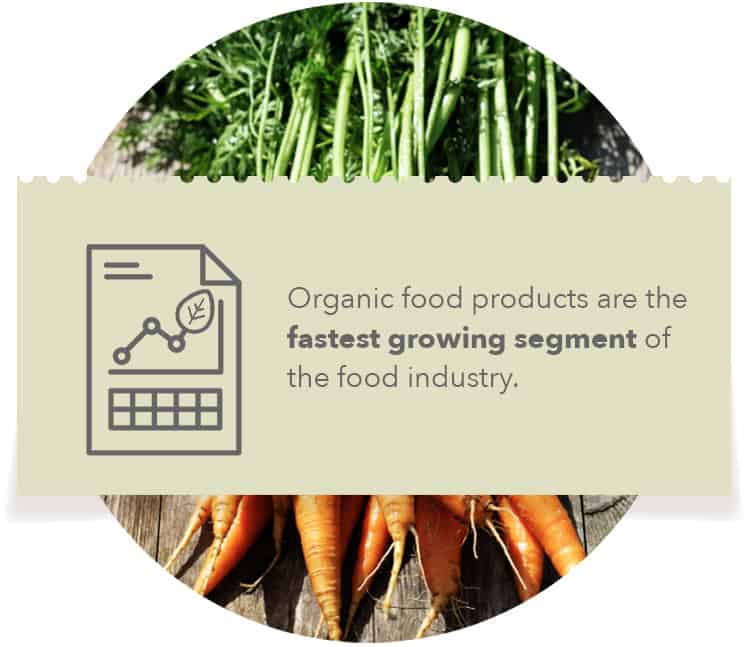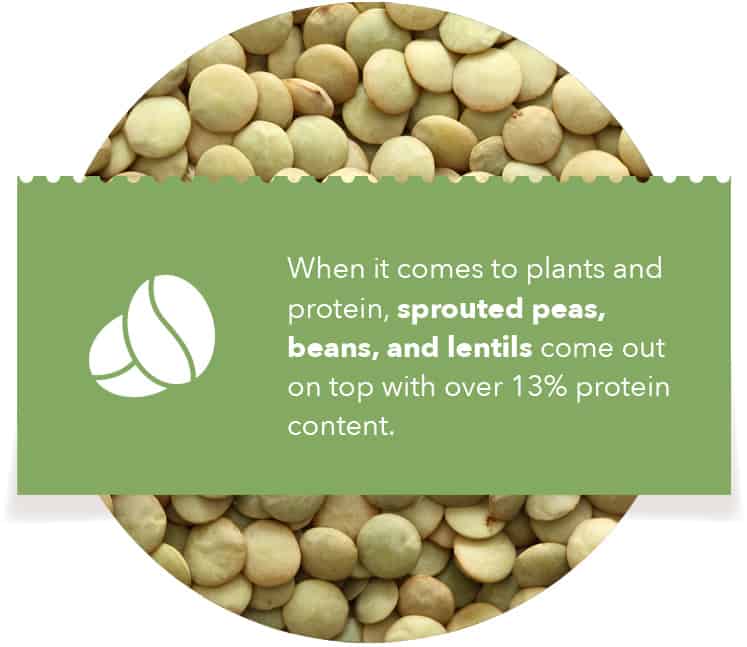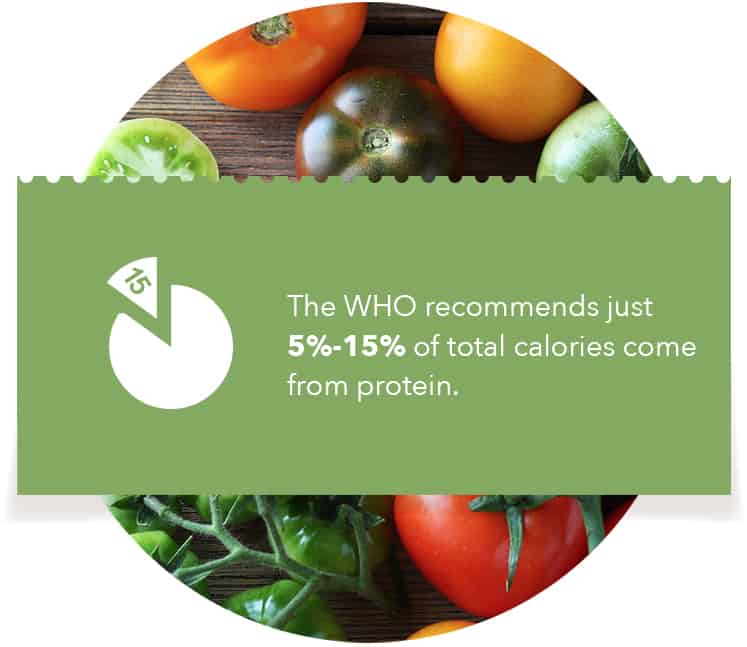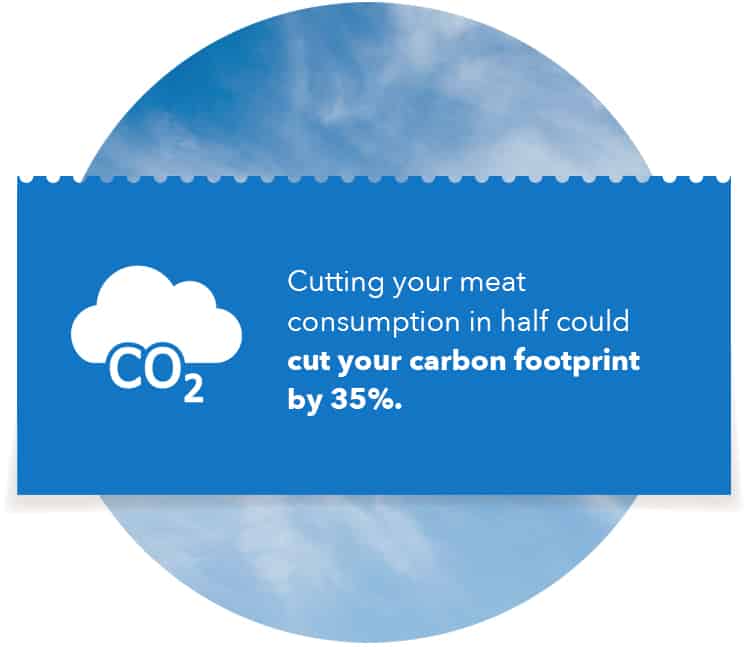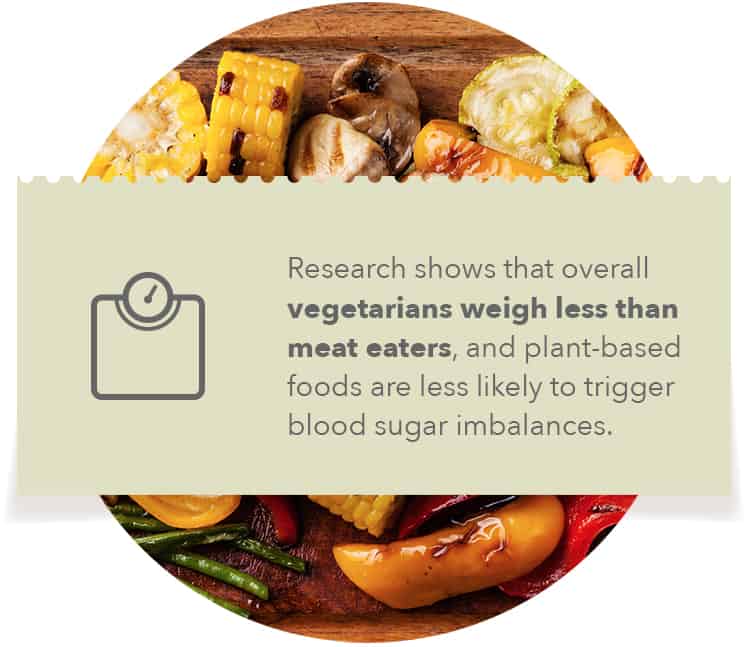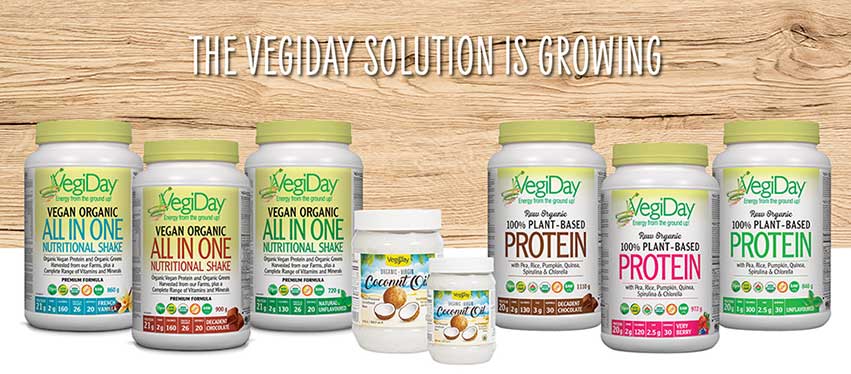
The VegiDay solution is growing
There is a mountain of evidence suggesting that a diet rich in fruits and vegetables is the healthiest choice you can make. Plants also contain the protein we need to survive, and thrive. A balanced mix of grains, nuts, and legumes provides all the essential amino acids plus a wealth of other phytonutrients.
The VegiDay line includes a diversity of these plant-based products.
How VegiDay can make a difference
Increasing the percentage of plant-based products we consume daily could impact the world's food supply. This single strategy has profound implications for food availability and protecting the environment. By reducing land, water, and energy use, and protecting the web of life, organic, sustainable agriculture benefits the entire human race. Organic. Non-GMO. Vegetarian. Sustainable.
This is the driving force behind VegiDay.
How you can improve the Earth and your health
The choice to consume more plant-based foods is not just better for the planet. It's better for you, too. The old paradigm has changed. Recent data suggests plant-rich diets are healthier1 and may increase longevity.2 Furthermore, there is evidence linking red meat and processed meats with increased incidence of serious illnesses.3 But you don’t have to be a vegetarian to benefit. Even little changes help. Be an occasional vegetarian or a “flexitarian”! VegiDay makes it easier.
Addressing the root of the problem
A shift towards more plant-centric agriculture is of paramount importance to global sustainability. Decreased production of meat and dairy products could free up large amounts of grain that could be consumed directly by the world's hungry. Choosing to have a plant-based meal instead of a meat-based one, as little as once a day, saves enough resources to give five more people a serving of plant protein. We can all make a difference. These individual choices do add up.
1 Mozaffarian, D., Hao, T., Rimm, E.B., Willett, W.C., Hu, F.B. (2011). Changes in diet and lifestyle and long-term weight gain in women and men. N Engl J Med. 364, 2392-404.
2 Sinha, R., Cross, A., Graubard, B., Leitzmann, M., Schatzkin, A. (2009). Meat intake and mortality. Arch Intern Med, 169, 562-71.
3 American Institute for Cancer Research; World Cancer Research Fund. Food, nutrition, physical activity and the prevention of cancer: a global perspective. Washington, DC: AICR, 2007.

